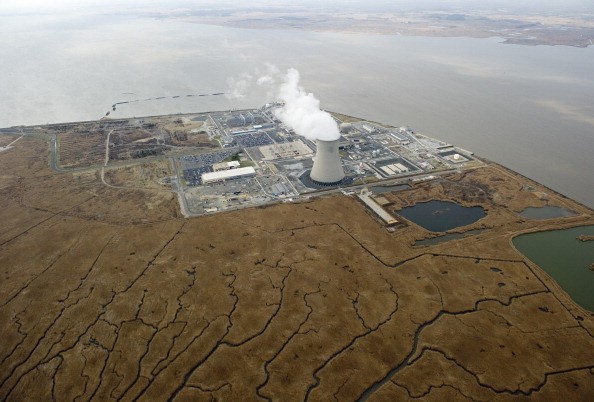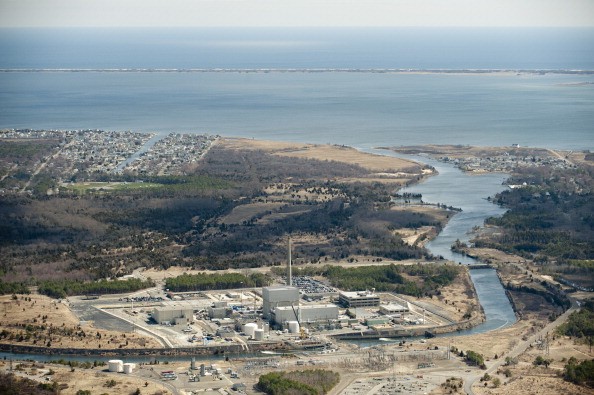The CDC New Jersey Office of Homeland Security and Preparedness along with the New Jersey Department of Environmental Protection would like people in the Garden State to get ready for the event a radiation emergency brings.

Radiation Emergency
September is National Emergency Preparedness Month and with this, the New Jersey Department of Environmental Protection (NJDEP) reveals they'll be giving tips on things to be done and places to go when a radiation emergency becomes active. So far, nowhere in United States, including New Jersey is under active radiation emergency.
If conditions should change and a radiation emergency is disclosed, like a nuclear detonation, nuclear power plant accident, or the detonation of a dirty bomb, authorities may ask people to go inside a building and remain there for a period of time rather than leaving.
As per the NJDEP, building walls can obstruct much of the dangerous radiation that is outside. Almost the same as a tornado, NJDEP encourages people to go into the basement or the middle of the building once they are inside.
Also Read: Scientists Successfully Reproduce Dangerous Space Radiation Inside a Lab
Things to do During a Radiation Emergency
NJDEP advises: "Radioactive material settles on the outside of buildings, so the best thing to do is stay as far away from the walls and roof of the building as you can. Because radioactive materials become weaker over time, staying inside for at least 24 hours can protect you and your family until it is safe to leave the area."
When you are finally inside, you should ensure every window and door are locked and protected.
Any opening that allows the air outside to enter the building should be blocked: air conditioners, fans, and forced air systems that bring outside air in should be turned off. You should also make sure fireplace dampers are closed.
Your four-legged friends shouldn't be forgotten either: pets should be taken inside as soon as possible and protected inside away from doors and windows the same as you.
Radiation emergencies of different types require dissimilar responses. As per NJDEP, the best thing to do is to always get updated information from emergency response officials. There is a possibility of you being asked to remain in your home or asked to relocate to a more protected area; the plan will all depend on what radiation event is unfolding.

Past Event
Radioactive emergencies is not something new in New Jersey. An explosion took place in 1960 inside a nuclear-tipped BOMARC missile which is now the New Jersey- Joint Base McGuire - Dix - Lakehurst military base.
While the fire raged uncontrollably for about 30 minutes, firefighters got to the location making use of water to control the fire.
While they were fighting the fire for about 15 hours, radioactive materials from the shelter moved underneath the shelter doors at the front, down the asphalt apron and areas between the row of shelters, flowing into the drainage ditch. The region was contaminated with radioactive debris.
For more news, updates about radiation emergencies and similar topics don't forget to follow Nature World News!
© 2025 NatureWorldNews.com All rights reserved. Do not reproduce without permission.





